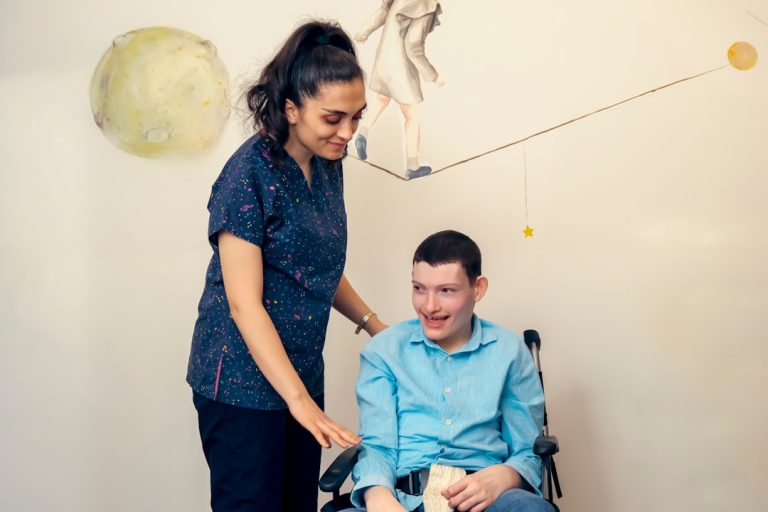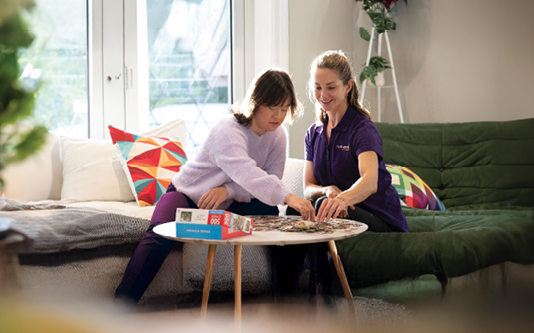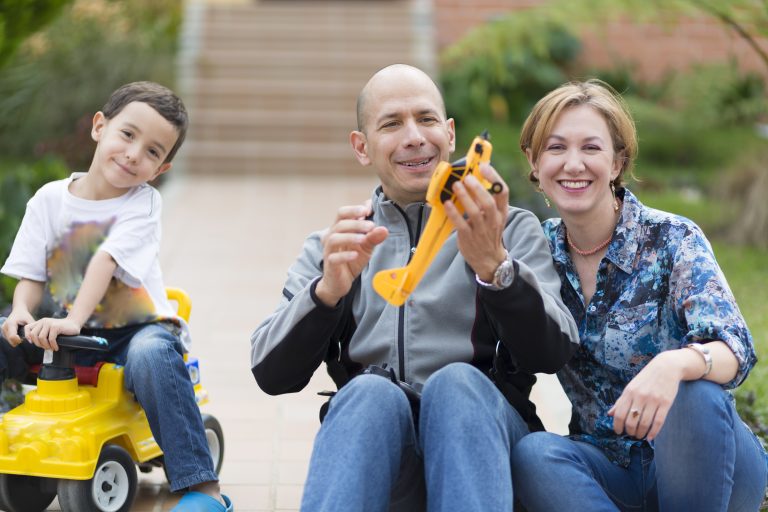Palliative care is specialised care for those with serious illnesses or disease. Its primary goal is to relieve symptoms and stress caused by medical conditions and improve quality of life for both the patient and his or her family.
Doctors, nurses, and other medical specialists are all on the palliative care team to provide this extra support. Palliative care is provided no matter your age or your stage in a serious illness, and it can be provided along with curative treatments.
Quality of Life
Palliative care is focused on relieving stress and symptoms of those suffering from serious illnesses such as cancer, Parkinson’s, chronic obstructive pulmonary disease, congestive heart failure, Alzheimer’s, kidney disease, Amyotrophic Lateral Sclerosis, and more. Some of the symptoms this care treats include:
- Pain
- Depression
- Anxiety
- Constipation
- Shortness of breath
- Nausea
- Fatigue
- Loss of appetite
- Sleeping problems
Exceptional Communication
Your palliative care team will spend time with you, both talking and listening, to ensure you understand your treatment options. They’ll take care to deeply explore your personal goals and preferences. Then the palliative care team will help you match your goals with the appropriate treatment options.
In addition, your palliative care team will communicate with all of your doctors and specialists to coordinate care and so they know and understand what you want. With everyone on the same page, you have more control over your own care.
Close Partnership
All the specialists on your palliative care team work closely with you, your family, and your other doctors and specialists. They provide an extra layer of care when you need it most. In addition to the physical support of treating your symptoms, you can rely on your palliative care team for emotional, moral, and mental support. They support you every step of the way.
Talk to Your Doctor
If you or a loved one is facing a serious illness or disease, you may benefit from palliative care. Remember, you can have palliative care at any point in your illness or disease. Talk to your doctor about palliative care and ask for it.




















